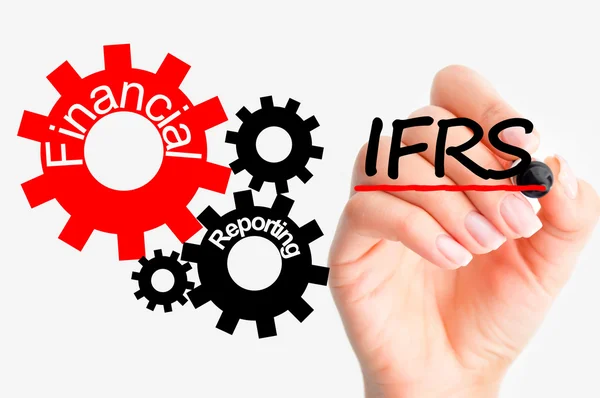The International Sustainability Standards Board (ISSB) has issued inaugural standards—IFRS S1 and IFRS S2, to drive sustainability-related disclosures in capital markets worldwide.
IFRS S1 provides a set of disclosure requirements to enable companies to communicate to investors about the sustainability-related risks and opportunities they face over the short, medium, and long term. IFRS S2 sets out specific climate-related disclosures and is designed to be used with IFRS S1. Both fully incorporate the recommendations of the Task Force on Climate-related Financial Disclosures (TCFD).
Both the standards were developed with extensive help from market feedback and in response to calls from the G20, the Financial Stability Board, and the International Organization of Securities Commissions (IOSCO), as well as leaders in the business and investor community.
Emmanuel Faber, Chair, ISSB, said, “The ISSB Standards have been designed to help companies tell their sustainability story in a robust, comparable, and verifiable manner.”
Mary Schapiro, Head of the Task Force on Climate-related Financial Disclosures (TCFD) Secretariat and Vice Chair for Global Public Policy at Bloomberg L.P., said, “The global economy needs common reporting standards to reduce fragmentation and drive comparability in climate-related financial data. Built upon the foundation of the TCFD framework, the ISSB Standards provide a global baseline for companies to disclose decision-useful, climate-related financial information—information that is critical for creating more transparent markets, helping achieve a smooth low-carbon transition, and building a more resilient and sustainable global economy.”
Woochong Um, Managing Director General, Asian Development Bank, said, “We welcome the inaugural IFRS Sustainability Disclosure Standards which deliver a global baseline of sustainability-related financial disclosures that have the potential to enhance Asian capital markets through attracting more investment and boosting private sector development in Asia. We encourage Asian Development Bank members to give their consideration to the adoption of the Standards.”

